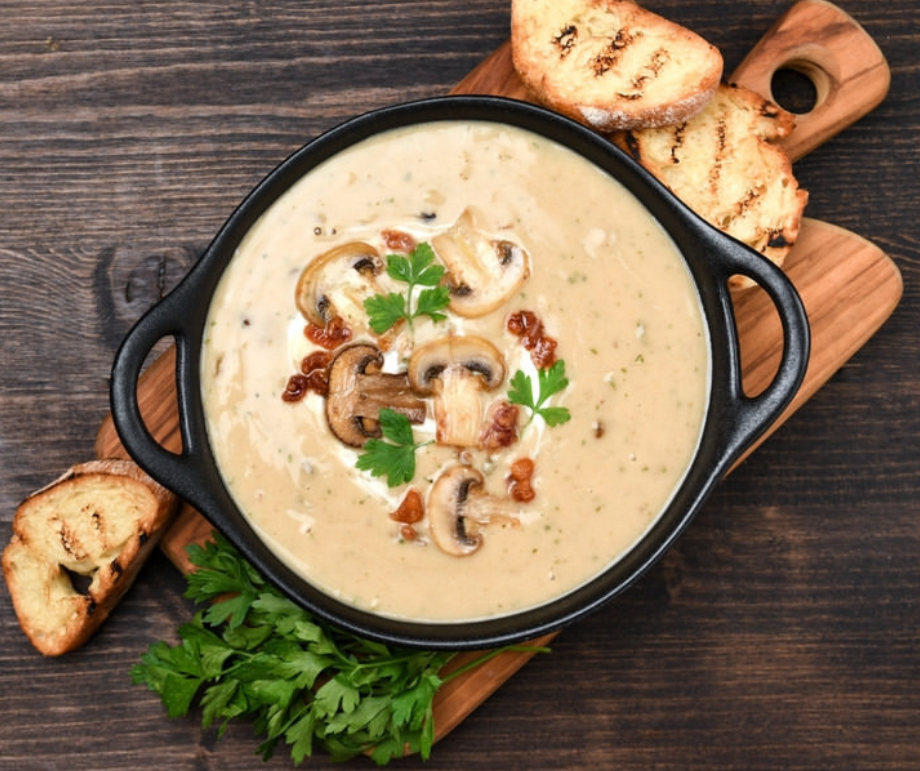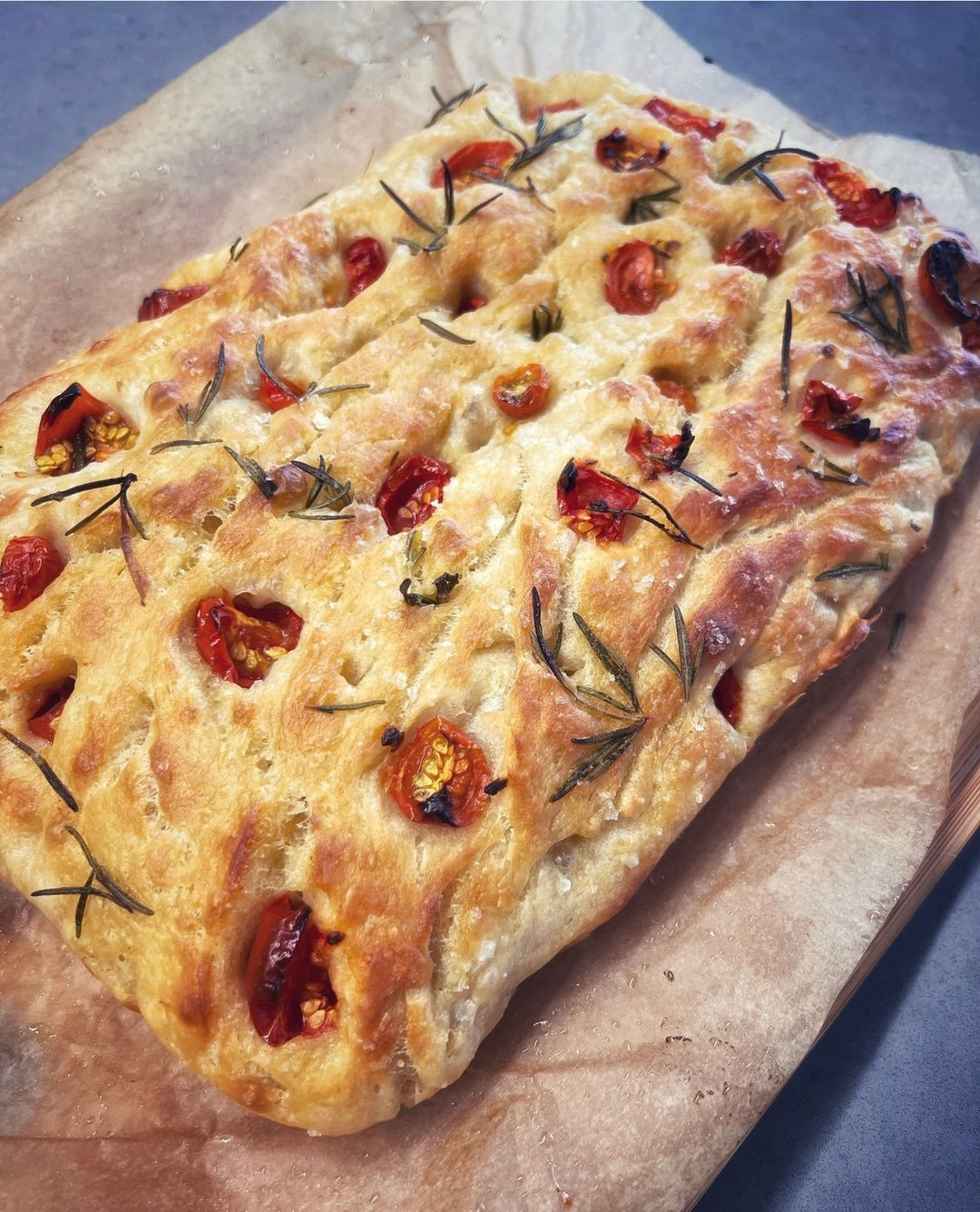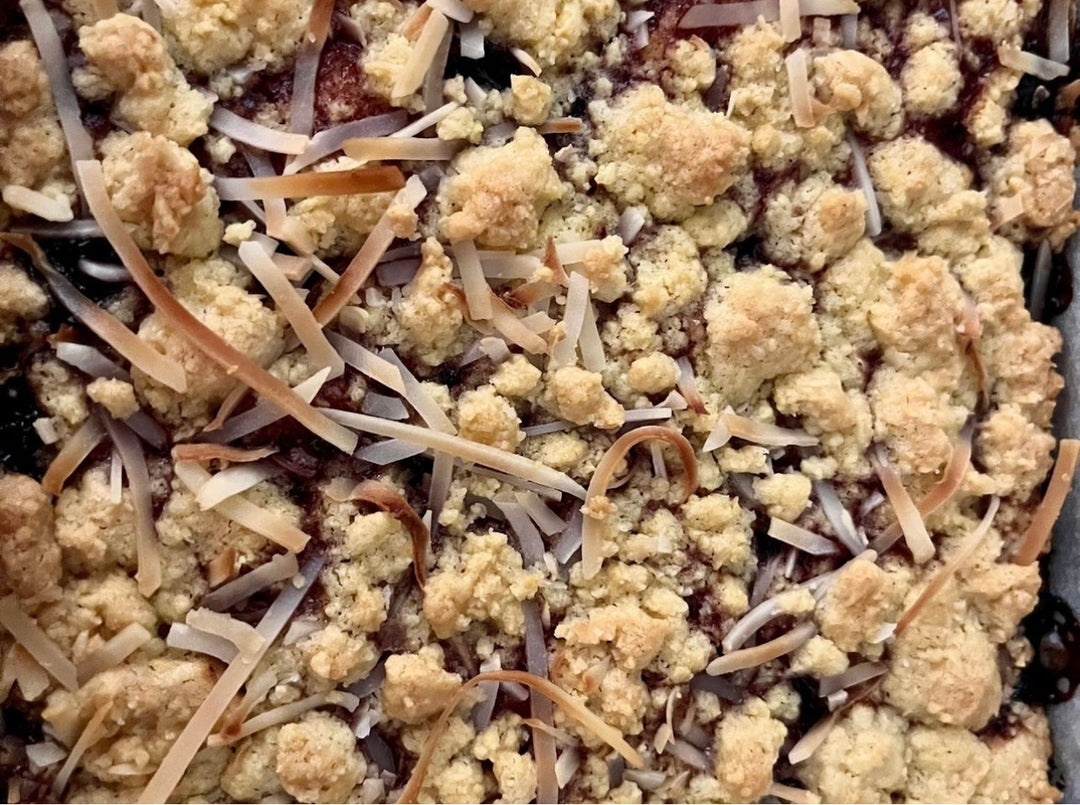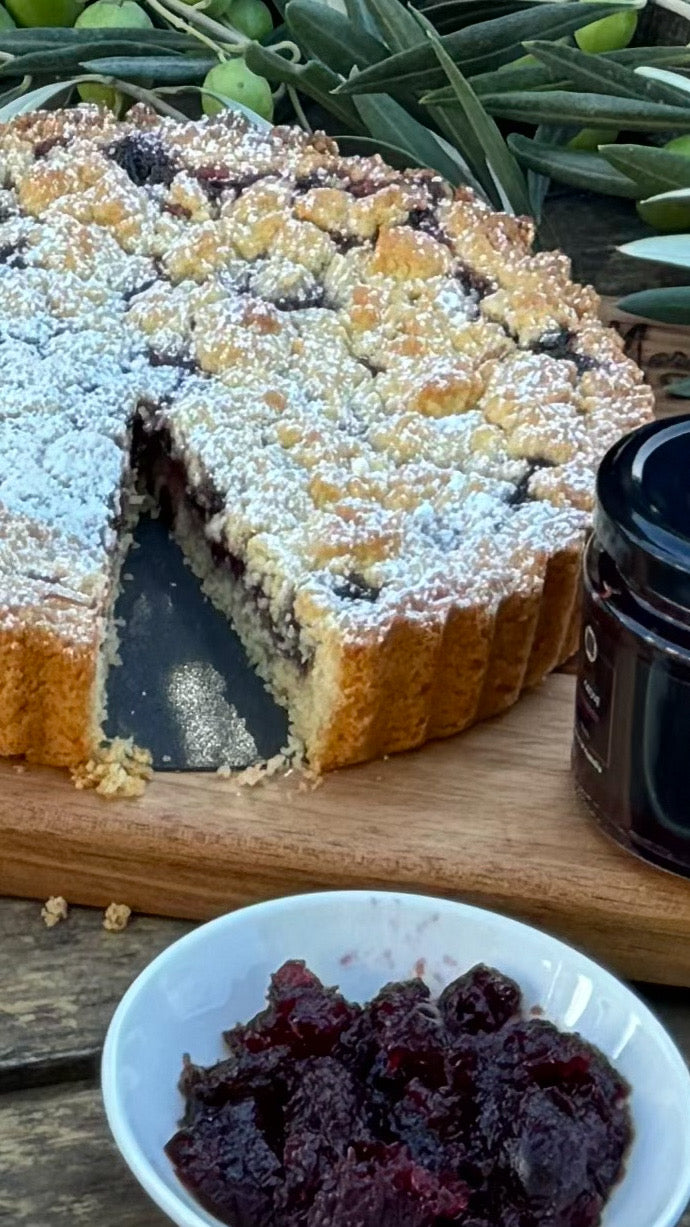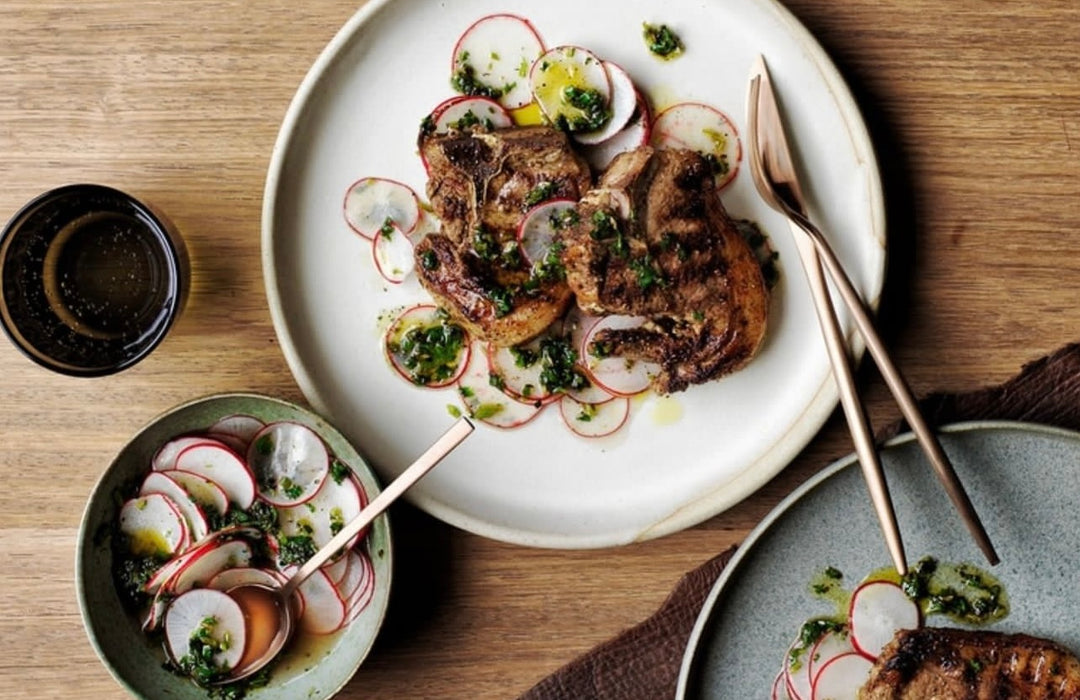What’s the difference between cold-pressed and refined olive oil? And which one is right for your cooking needs? Is cold-pressed olive oil truly superior?
We believe every bottle of olive oil tells a story—about flavour, quality, and the care that goes into its production. This guide unpacks the key differences between cold-pressed and refined olive oil, helping you make an informed choice for your kitchen.
What Does Cold-Pressed Mean?
Cold-pressed olive oil, often synonymous with extra virgin olive oil (EVOO), is produced without the use of heat or chemicals.
This process maintains low acidity (under 0.8%) and high polyphenol (antioxidant) levels, preserving the oil’s vibrant flavours and beneficial nutrients. No wonder it’s a favourite for gourmet cooking and raw dishes!
Here’s how it works:
-
Harvesting and Crushing: Freshly harvested olives are ground into a paste.
-
Pressing: The paste is pressed to extract oil, keeping temperatures below 30°C
-
Filtering: The oil is minimally filtered to maintain its natural antioxidants and polyphenols.
At Morella Grove, our cold-pressed EVOO is crafted in the Riverina region of Australia, where the sun, soil, and climate create the perfect conditions for producing oils rich in flavour and nutrients.
Also note that the term "first cold press" evokes tradition but doesn't guarantee quality. Look beyond the label for genuine indicators. See our post on how to identify a quality extra virgin olive oil to learn more.
This video from Insider Food shows you a traditional Italian olive oil cold-pressing process:
Understanding Refined Olive Oil
Refined olive oil, often labelled simply "olive oil", gets a bad rap. This is often due to additional processing, often involving heat and chemicals, to neutralise flavours and remove impurities.
Some producers use nut and soybean oils to make refined olive oil, though genuine products are made with olive-pomace.
Olive-pomace is the leftover product after mechanical extraction of higher grades. Refined olive oil is often blended with extra virgin olive oil to improve the taste. This creates a lighter flavour and higher smoke point meaning refined olive oil is good for high temperature cooking.
However you should check out our guide to cooking with extra virgin olive oil to bust some common myths and learn why you shouldn’t put too much emphasis on smoke point alone when choosing which olive oil to use when cooking.
Also important to note is that the refining process removes nutrients, thus lowering the nutrient value of the oil.
How It’s Often Made:
-
Extraction: Olive pomace (leftover pulp) is treated with heat or solvents.
-
Refinement: The oil is purified to remove undesirable tastes and odours.
At Morella Grove, we focus exclusively on cold-pressed extra virgin olive oil to ensure purity and exceptional quality.
Cold-Pressed vs Refined: A Side-by-Side Comparison
For a quick overview, here’s how the two oils stack up:
|
Feature |
Cold-Pressed (EVOO) |
Refined Olive Oil |
|
Extraction Method |
Mechanical, low-temperature |
Heat and/or chemical treatment |
|
Flavour Profile |
Robust, fruity, peppery |
Mild, neutral |
|
Nutrient Content |
High (antioxidants, polyphenols) |
Lower |
|
Best Uses |
Salads, dips, dressings, cooking |
High temperature cooking |
|
Smoke Point |
~190-207°C |
~199-242°C |
The Health Benefits of Cold-Pressed Extra Virgin Olive Oil
Cold-pressed EVOO is celebrated for its health-promoting properties, thanks to its rich supply of polyphenols, antioxidants, and heart-healthy monounsaturated fats. These nutrients have been linked to a wide range of health benefits.
In contrast, refined olive oil loses many of these nutrients during processing, though it retains some healthy fats.
Did you know? The Mediterranean diet, famous for its health benefits, places cold-pressed extra virgin olive oil at its heart—a tradition we proudly uphold at Morella Grove.
The Dark Side of the Industry
The olive oil industry has a shocking side. Fraudulent olive oil sales reportedly generate billions annually and are at all time highs.
This highlights the need to be cautious and look for quality Australian producers you trust, taking extra caution when considering imported products.
FAQs about cold pressed vs refined olive oil
Is cold-pressed olive oil better than refined olive oil?
Cold-pressed olive oil has bolder flavour, more nutrients and health benefits, while refined olive oil can be useful for certain high-heat cooking situations.
Is refined olive oil still healthy?
Refined olive oil might have fewer vitamins and antioxidants than extra virgin or virgin olive oil. However, it retains some of the monounsaturated fats which offer health benefits. The olive oil's quality also matters. Improper refining can introduce toxins, further negating health benefits.
Why is cold-pressed olive oil more expensive?
The cold-pressing process and the resulting pure, high quality oil, is more costly to produce drop for drop, which contributes to its premium price.
Conclusion
Exploring cold-pressed versus refined olive oil provides valuable insights. Cold-pressed extra virgin olive oil offers superior quality and flavour. Refined olive oil is budget-friendly and may be preferred for certain high-heat cooking applications, although with nutrient loss.
At Morella Grove, we believe in the power of Australian produced, high-quality, cold-pressed extra virgin olive oil that transforms everyday meals into extraordinary culinary experiences!
Explore our range of premium extra virgin olive oil and taste the difference for yourself.



